
Book
The Rocket Years
How Your Twenties Launch the Rest of Your Life
Recommendation
Your 20s are a time of adventure and a time of preparation. Family and career obligations tend to be minimal, so you have space to explore and make mistakes. At the same time, you have exceptional opportunities to steer your life in the direction you’d like it to go. You will form habits that last a lifetime. Name a field, and millennials and generation Zers like you are probably redefining it. Seasoned journalist Elizabeth Segran offers personal anecdotes and statistics as she walks readers of all ages through some of the common choices you make in your formative years.
Summary
About the Author
Elizabeth Segran, a senior staff writer at Fast Company, has a PhD in women’s studies and Indian literature.
By the same author
Learners who read this summary also read
Book
Book
Book
Book









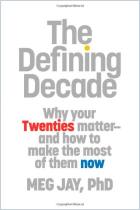
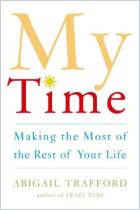
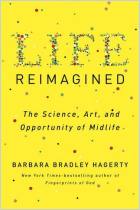
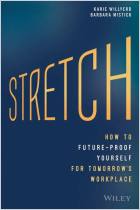
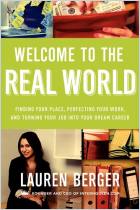
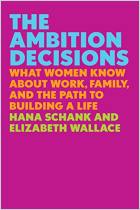





Comment on this summary